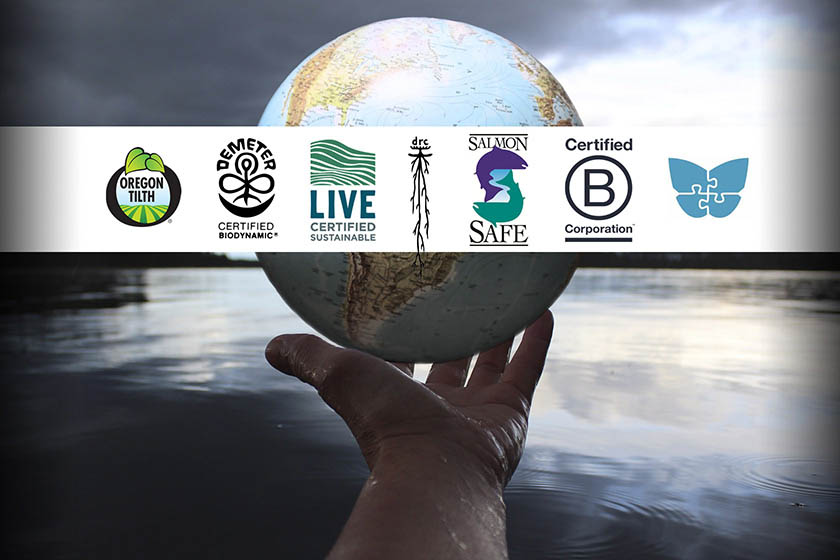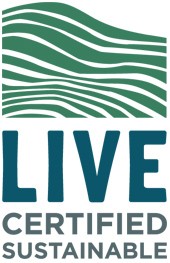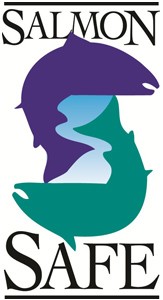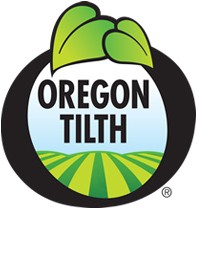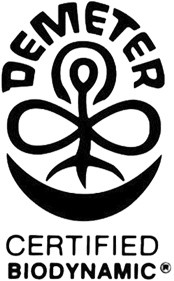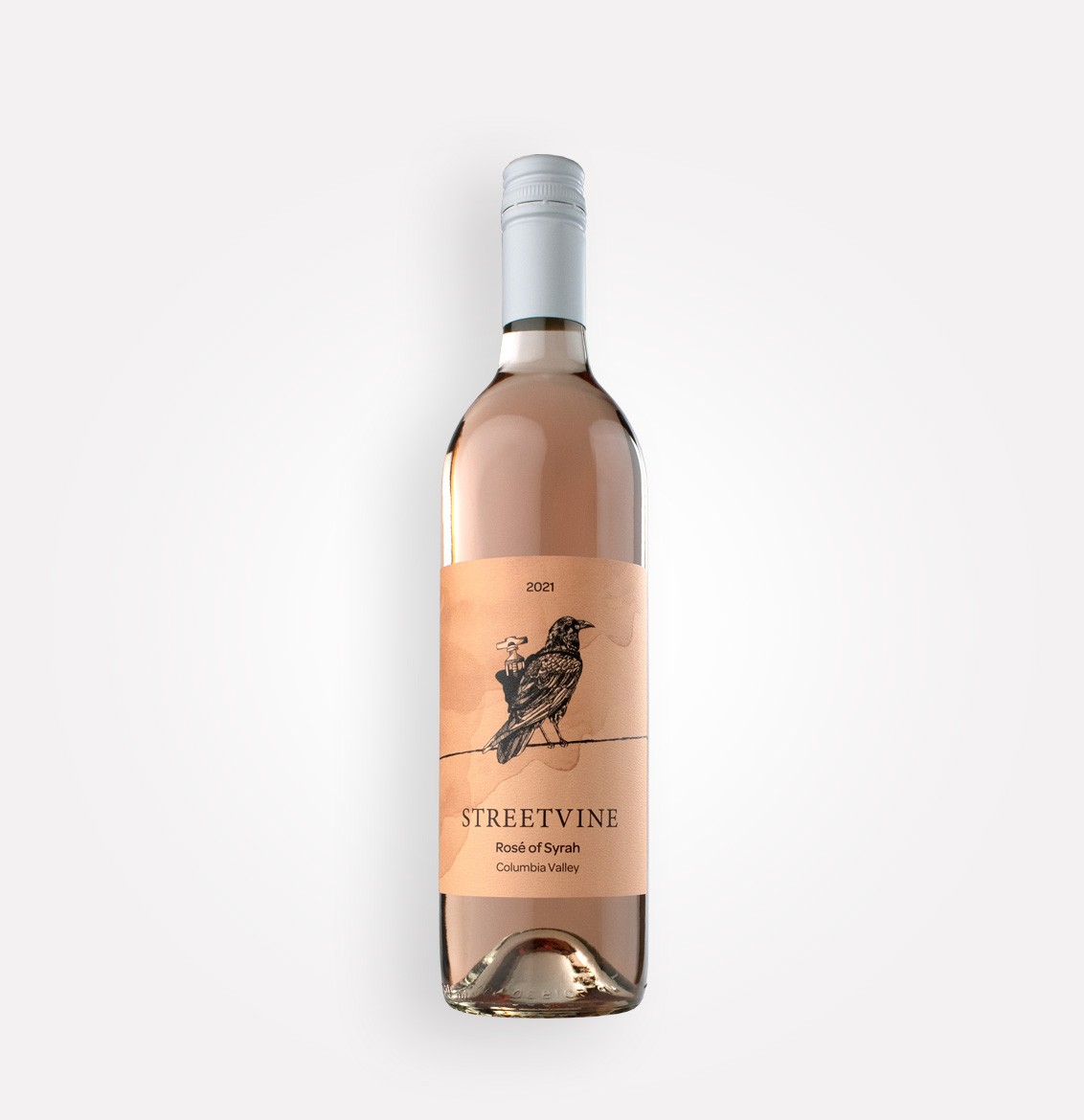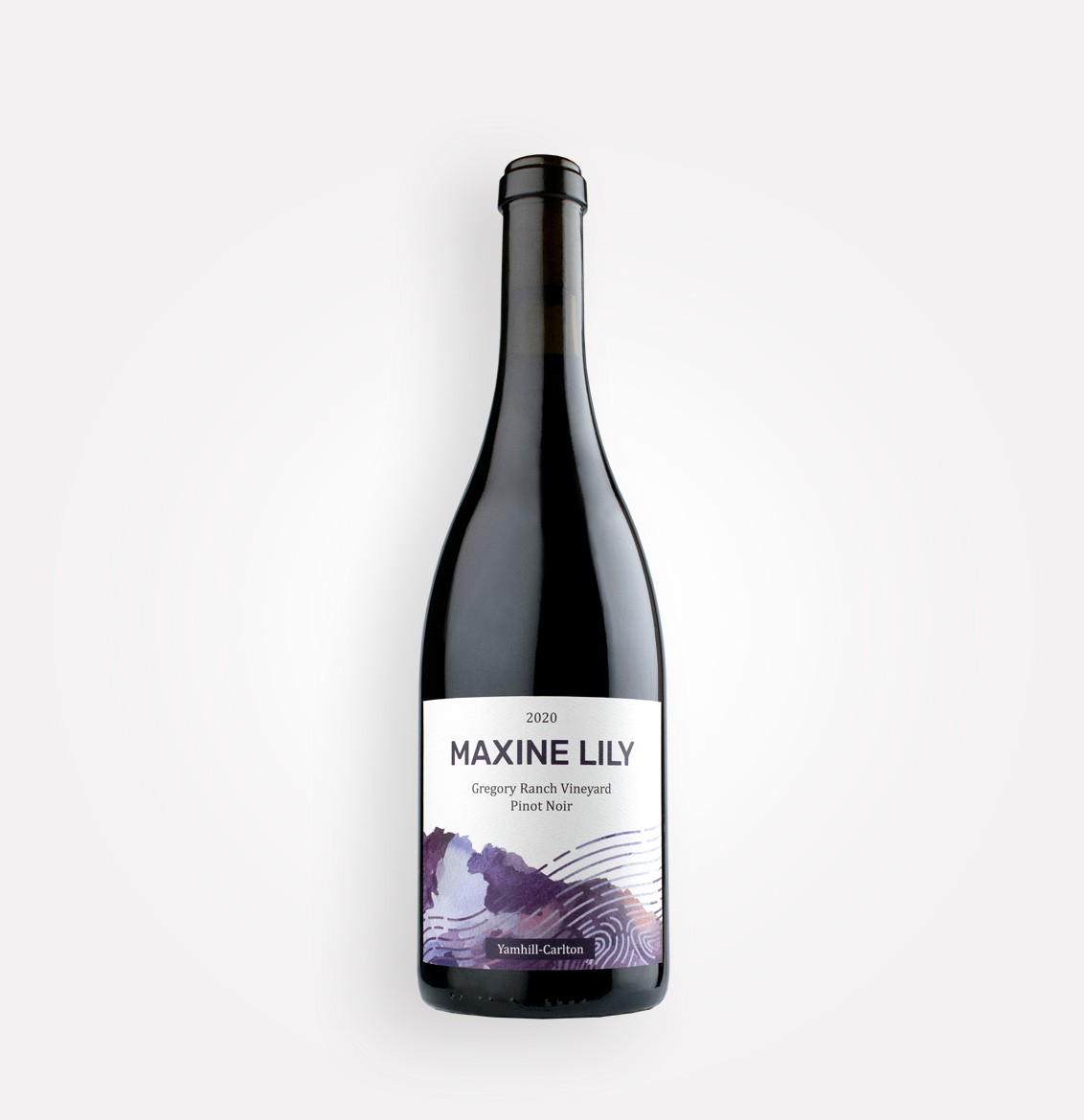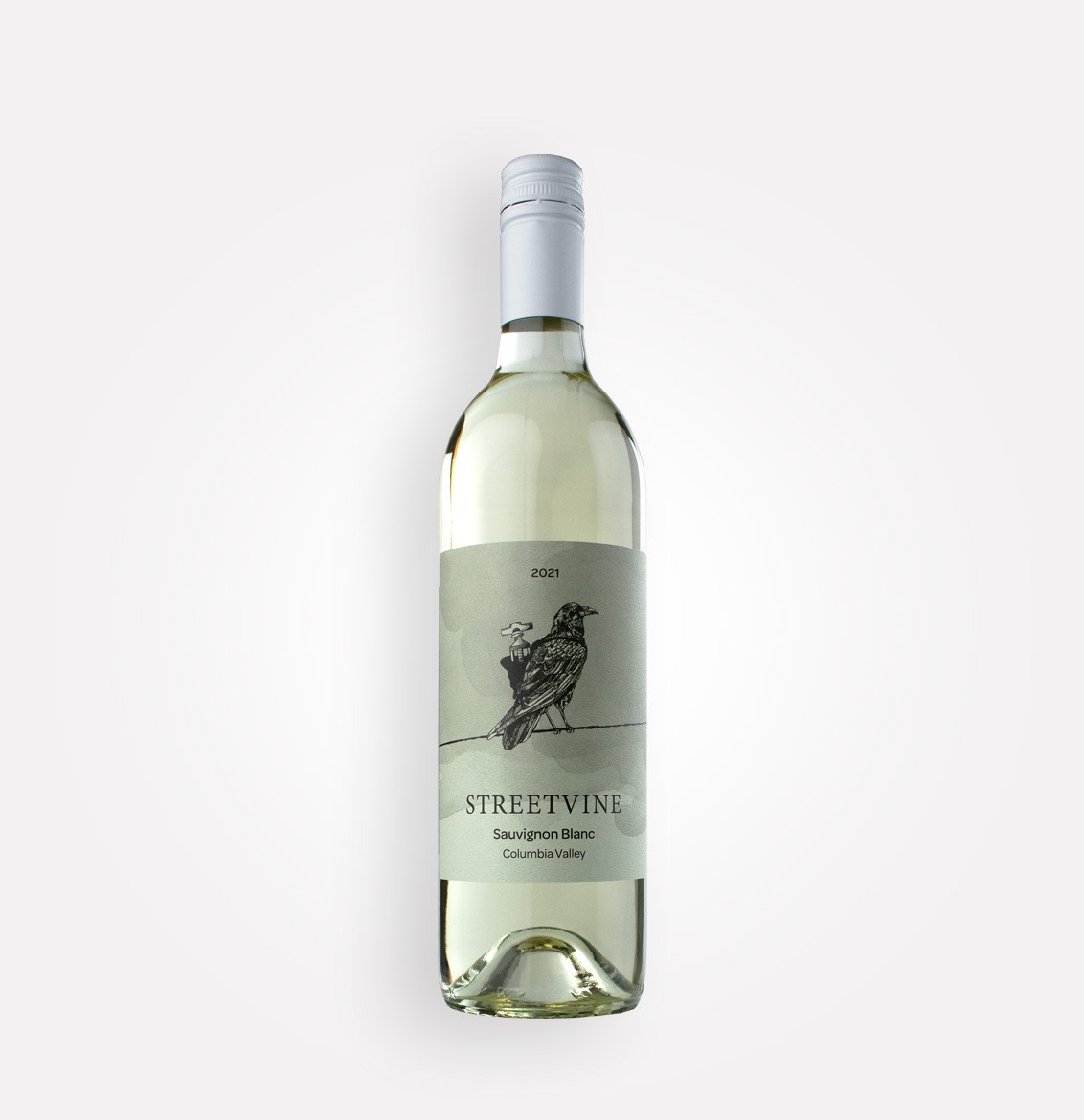What to look for to find responsible and sustainable wines
Wine has been part of the human experience for centuries, first as a calorie source for survival and now as part of the enjoyment of everyday life. As the world changes and evolves, it is now more important than ever for wine growers to move toward more responsible and sustainable production practices.
Wine is an agricultural business, and the environmental responsibilities of wine growers and winemakers are more important than ever. As the effects of climate change become more extreme, wineries have worked to reduce their impact agriculturally in several ways, including:
- Reducing the use of pesticides and agricultural chemicals
- Using sustainable practices such as integrated pest management
- Planting row crops to manage soil nitrogen
- Returning spent pomace to the vineyards
Sustainable practices
Sustainable practices effectively acknowledge, respect, and preserve terroir with more sensible site development, efficient water usage, and varietal suitability. These practices extend to the winery with limited intervention and low sulfur winemaking, often using native yeasts.
While sustainability is a global initiative, we will look at seven programs focused in the United States, especially the western states of Washington, California, and Oregon.
Look for these certifications in wine information
Live Certified Sustainable
Used throughout the Pacific NW, focuses on providing high-quality fruits while promoting responsible and sustainable farming with biodiversity on the farm, minimizing or eliminating synthetic chemicals and fertilizer, and providing worker protections with benefits and health and safety.
Salmon Safe
Pacific Northwest program to minimize water use and practice soil conservation to help protect stream banks and waterways for salmon habitat.
Oregon Tilth Certifications
With the United States Food and Drug Administration (USFDA) National Organic Program regulations- certifies organic produce and agricultural products meet consistent standards. Standards include organic seeds and plant stock requirements, soil and water conservation programs, wetland conservation, wildlife, and woodlands.
Deep Roots
A Willamette Valley program that supports water conservation in the belief that non-irrigated vineyards produce more authentic wines.
 Oregon Oak Accord
Oregon Oak Accord
Agricultural and conservation practices that help protect threatened White Oak in Oregon.
 Demeter Certified Biodynamic
Demeter Certified Biodynamic
Biological farming practices were first implemented in the 1920s and expanded in the 1950s with the explicit goal to ” heal the planet through agriculture.” Biodynamic practices forbid synthetic pesticides, herbicides, fungicides and require preparations using composted animal manure, minerals, and medicinal plants.
Certified B Corporation — International
Uses the power of business to solve social and environmental problems.
